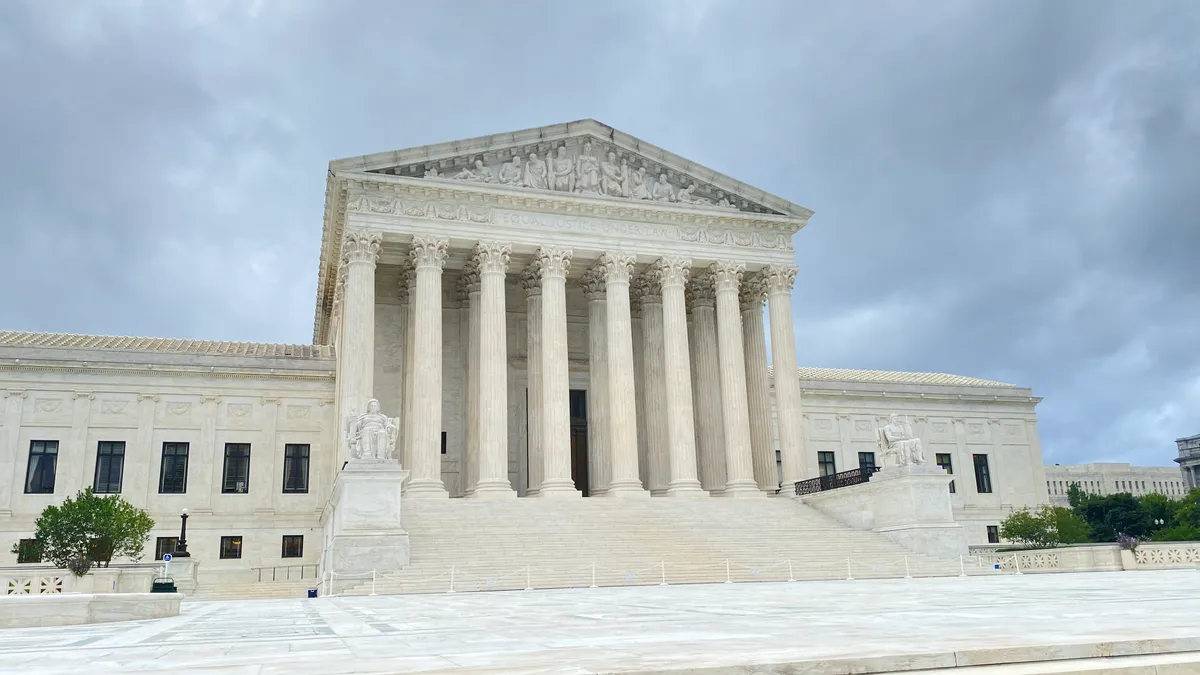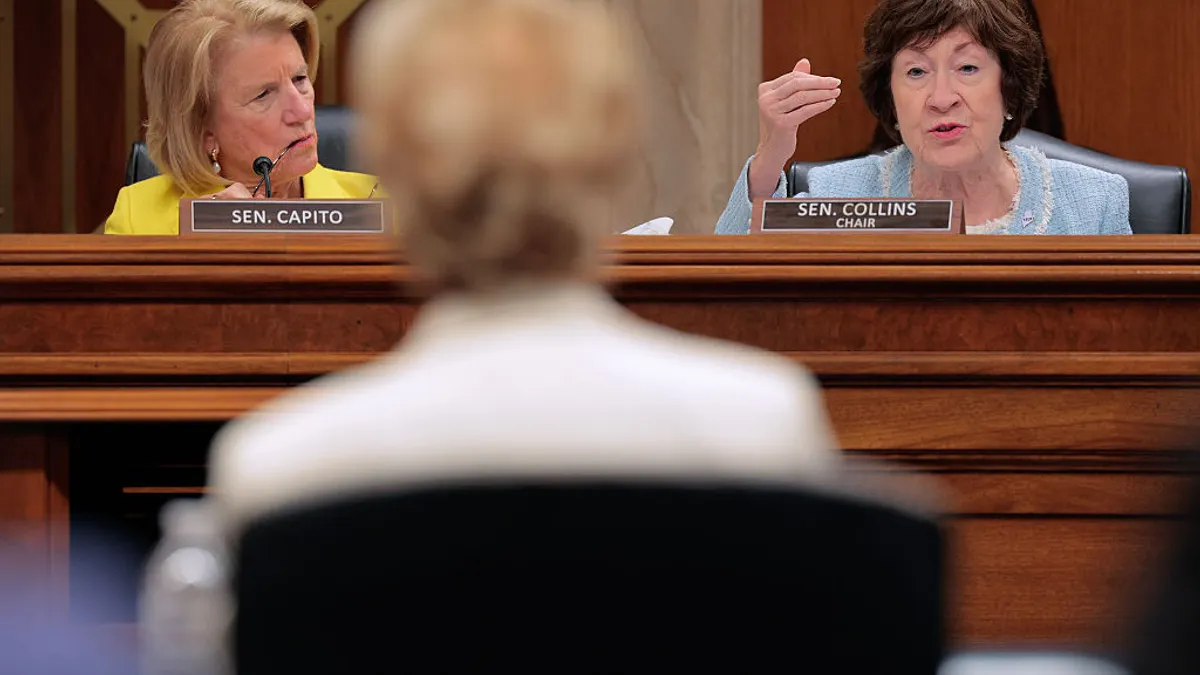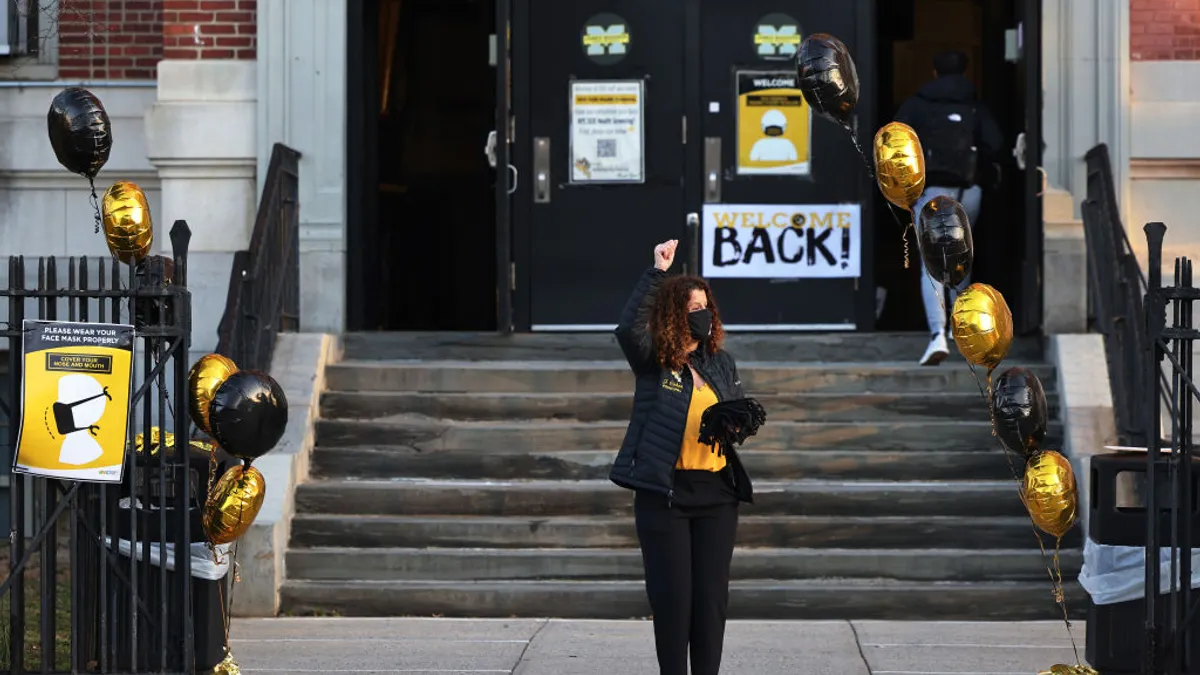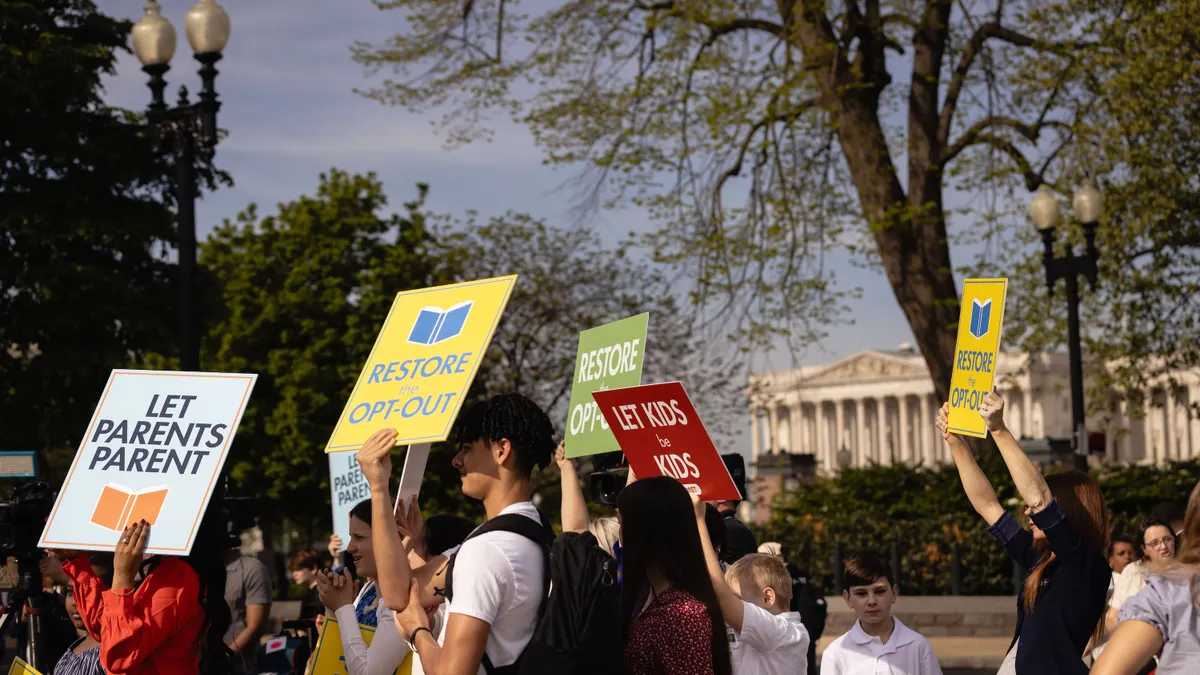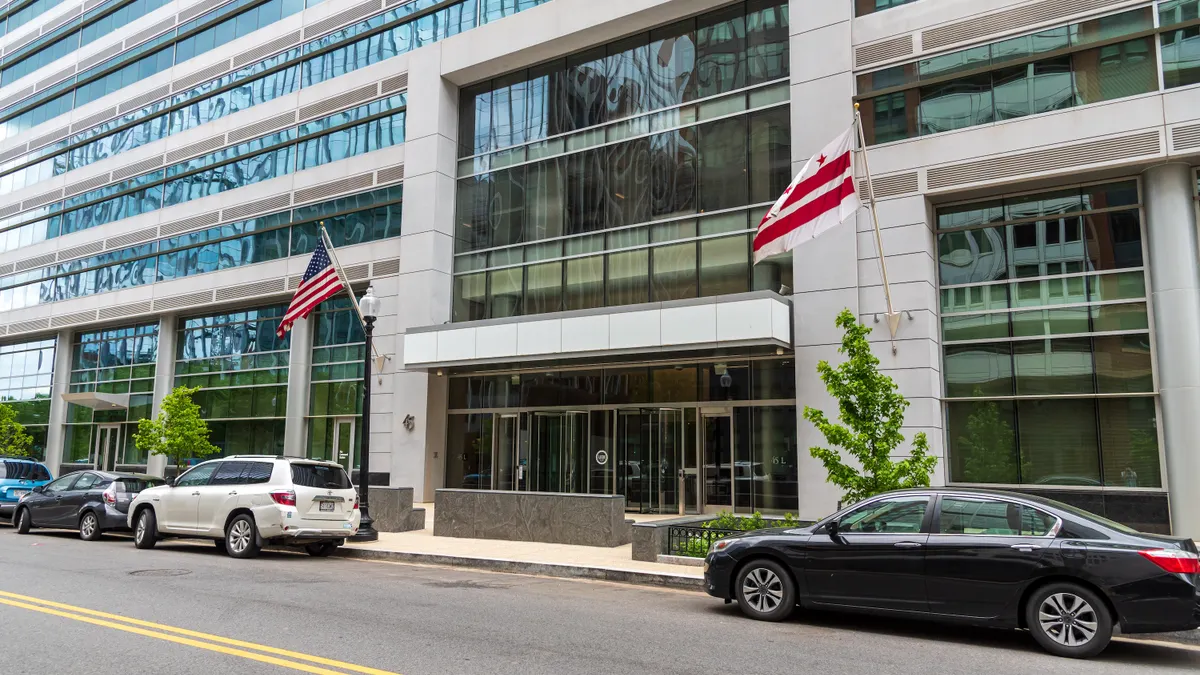In a rare unanimous decision, the U.S. Supreme Court on Tuesday decided that individuals who have entered into a settlement resolving their Individuals with Disabilities Education Act claims can also pursue monetary damages against school districts under the Americans with Disabilities Act without exhausting the administrative process under IDEA. The decision reverses one from the 6th U.S. Circuit Court of Appeals.
However, the 9-0 decision in Perez v. Sturgis Public Schools did not address whether IDEA’s requirement to exhaust its administrative process can be sidestepped in cases where completing the process would be “futile” and whether ADA should provide financial compensation to Miguel Perez, the plaintiff.
Individuals and organizations supportive of Perez's arguments hailed the Supreme Court decision as a victory for students' civil rights. Those who sided with the school system said the ruling doesn't impact districts' current approaches to special education dispute resolution.
The family of Perez, a deaf student who attended Michigan’s Sturgis Public School District, originally filed the case saying the district misled them about their child’s ability to earn a high school diploma.
After filing a due process complaint alleging violations of laws including ADA and IDEA, the parents and district agreed to a settlement where Perez received full relief under his IDEA claim. However, the ADA claim, along with others, was dismissed by the district court, a decision later affirmed by the appeals court.
Leading up to the Supreme Court oral arguments in January, special education attorneys speculated the case could “destroy the possibility of settlement agreement in special ed litigation” if judges decided in line with the appeals court. However, on Tuesday, justices in fact overturned the lower court’s ruling.
'Their day in court'
Perez's attorneys and disability rights advocates celebrated the 7-page decision — written by Justice Neil Gorsuch — as a victory for students who struggle to pursue both IDEA and ADA claims. They also said this decision will better clarify for lower courts that IDEA due process procedures do not need to be fully exhausted before an ADA claim is pursued.
This is important since a student's victory in an IDEA claim can bring additional services and supports and even publicly-funded tuition at private schools. But it does not provide personal monetary awards to students and families. Prevailing ADA lawsuits, however, can make those awards.
Perez's attorney Ellen Saideman, said, through a statement issued by the Council of Parents Attorneys and Advocates, or COPAA: "We are thrilled that the Supreme Court unanimously recognized that the [IDEA] statute gives Miguel the right to pursue his damages claims in court."
The confluence of claims under IDEA and ADA has "confused" some courts, said Selene Almazan, legal director for COPAA, which submitted an amicus brief in support of the student.
This decision will help to clarify students' legal rights under the laws. "Even after [Fry v. Napoleon Community Schools] the circuits were very confused," Almazan said. The 2017 Fry decision stated that families do not have to exhaust due process procedures under IDEA before going to court, but it did not answer whether those procedures needed to be complete before plaintiffs sought monetary damages under ADA.
In the decision, Gorsuch wrote, "The question is whether a plaintiff must exhaust administrative processes under IDEA that cannot supply what he seeks. And here, as in Fry, we answer in the negative."
For students with disabilities who have been harmed in schools, this decision says "they will get their day in court" to seek relief and damages through other federal statutes, Almazan said.
Special education experts, lawyers and Supreme Court justices, in their Tuesday decision, have said it has been clear that IDEA does not restrict families from pursuing remedies under other federal laws. But the timing of when those actions can take place during ongoing IDEA dispute resolution activities has tripped up legal strategists. This is because the wording in the statute says that before filing civil action under other federal laws, procedures under IDEA must be "exhausted."
"In recognizing those differences in the context of complex litigation, the Court provided much needed clarity that students like Miguel can seek full relief for the wrongs they suffered," said Dan Stewart, managing attorney for education and employment at the National Disability Rights Network, in an email.
'Let them chance it'
Phyllis Wolfram, executive director of the Council of Administrators of Special Education, said the Supreme Court made a "sound decision," which "doesn't impact us in a negative manner."
CASE filed an amicus brief, along with several other school administration organizations, on behalf of the Sturgis school system.
"It's not a significant impact on the way we have been conducting business and implementing those procedural safeguards requirements of the IDEA all along," Wolfram said.
The ruling could encourage parents to raise claims of monetary damages in special education disputes and open liability for districts that have significant violations of free appropriate public education, or FAPE, which is guaranteed under IDEA, said Jose Martín, an attorney with the Richards, Lindsay & Martín law firm in Austin, Texas, which represents school districts.
"I think there's more negative implications for schools in situations where they have screwed up, admittedly," Martín. The implications will be lesser for districts that don't believe there's been a violation of FAPE, he said.
That's because for monetary claims under ADA, plaintiffs need to prove intentional discrimination. "Parents still have a really uphill way to go in their money damages claims," Martín said.
But, he said, this ruling could lead to increased efforts from families to include money damages as part of negotiations for settling IDEA disputes. "I could see some parents in cases where there's pretty clearly a [FAPE] violation saying 'We're not going to settle at all unless you put money on the table in addition to the educational terms,'" he said.
School systems that are confident in their practices likely won't need to adjust legal strategies as a result of the Supreme Court decision, Martín said. "I see schools as saying 'We're willing to settle the IDEA portion of the case and fine, we get a limited release.' And then if a parent wants and the attorney wants to take their chance in federal court and spend that amount of time, let them chance it."
Perry A. Zirkel, a special education law expert and emeritus education and law professor at Lehigh University, called the decision uncomplicated and said that the daily activities in the special education field will not be impacted.
"This is just simply a technical issue having to do with adjudication, and it's only really of importance to parents and districts when there's a big dispute that can be resolved by federal litigation under an alternative statute like Section 504, the ADA," Zirkel said.




